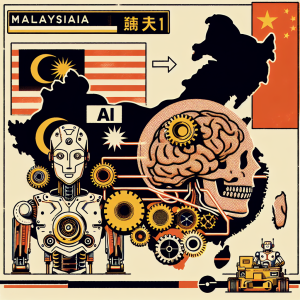The Singapore legal landscape is undergoing significant changes with the recent appointment of Samuel Chacko as the new vice-president of the Law Society of Singapore. This transition comes on the heels of the resignation of Mr. Chia Boon Teck, who stepped down following backlash over controversial remarks related to a sensitive rape case. The incident has sparked discussions about the necessity for greater sensitivity and professionalism in public communications among legal professionals, a sentiment echoed by many within the legal community.
In addition to Chacko’s appointment, the Law Society has also welcomed Senior Counsel Tan Cheng-Han as a statutory member of its council. This move is seen as a strategic effort to enhance governance and improve the society’s public image. As the legal profession faces increasing scrutiny, these leadership changes are pivotal in steering the Law Society towards a more responsive and responsible future.
Regulatory Landscape and Compliance Challenges
The evolving regulatory landscape poses additional challenges for Singapore’s legal and financial sectors. The Financial Action Task Force (FATF) has recently updated its list of high-risk countries for anti-money laundering (AML) compliance, adding Lao PDR and Nepal while removing the Philippines. This change necessitates that Singaporean firms adopt enhanced due diligence (EDD) measures when engaging with entities from these newly identified jurisdictions. Legal and financial professionals must remain vigilant and proactive in their compliance efforts to navigate these complexities effectively.
Cybersecurity Threats in the Legal Sector
Moreover, cybersecurity is emerging as a critical concern for the legal community in Singapore. The Law Society has issued multiple advisories warning members about various scams, including phishing emails and impersonation attempts targeting law firms. As the legal sector increasingly digitizes, the need for robust cybersecurity measures and ongoing awareness programs has never been more pressing. Protecting sensitive legal information is paramount to maintaining client trust and ensuring the integrity of legal practice.
In conclusion, the recent changes within the Law Society of Singapore reflect a broader trend of adaptation and resilience in the face of challenges. As the legal profession grapples with leadership transitions, regulatory updates, and cybersecurity threats, staying informed and proactive will be essential for legal professionals to uphold their responsibilities and navigate the complexities of the current environment effectively.





